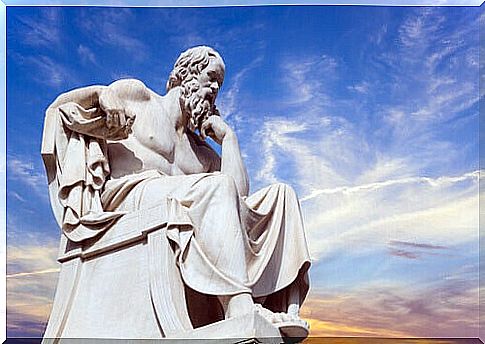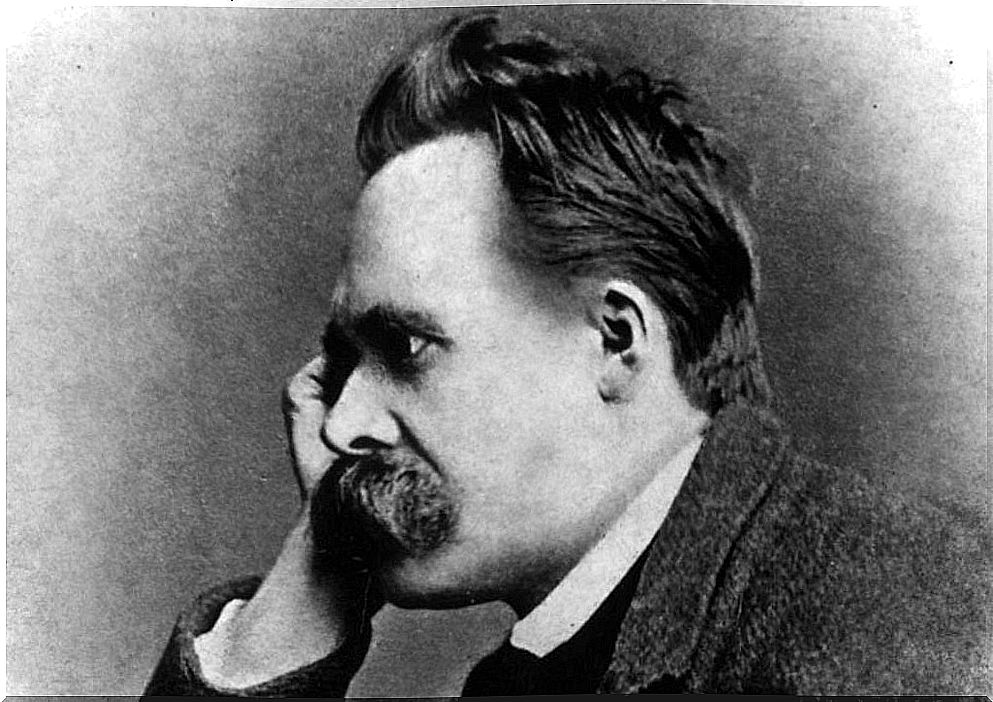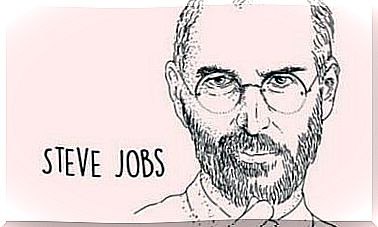Happiness According To 5 Famous Philosophers

Happiness is one of the hardest words to define. In our daily lives, we encounter different definitions of that word. There are many different approaches to this issue in philosophy as well.
In this article, we clarify and discuss a few philosophical perspectives on happiness.
Aristotle and metaphysical happiness
According to Aristotle, the most remarkable metaphysical philosopher, happiness is the highest object and goal of desire of every human being. He thinks the way to achieve happiness is through abilities. In other words, if a person exercises his best ability, he will find his happiness.
Aristotle believed that happiness is a lifestyle rather than a tangible state. The key to such a lifestyle is to give your best.
It is also essential to use judgment as well as have a good “Daimon” which means good luck or happiness to make a happy life possible. For this reason, happiness is known as “Eudaimonia”.
The Christian Church was built on the philosophical foundation provided by Aristotle. Thus, great similarities can be found between the thoughts of Aristotle and the Judeo-Christian religions.

Epicurus and hedonistic happiness
Epicurus was a Greek philosopher who differed from metaphysical philosophers. Contrary to their beliefs, Epicurus did not believe that happiness came only from the spiritual world, but that it was also largely related to the earthly dimensions.
In fact, Epicurus founded a school called Epicureanism, and he had his own school, which he called the “Garden”. Many interesting ideas arose about Epicureanism.
In his view, balance and reasonableness created room for happiness. This idea is found in one of his finest guidelines for life: “He who is not content with little is not content with anything.”
Epicurus thought that love was not so much about happiness, but friendship instead was much more important. He also believed that no one should work for money, but out of love for work.
Nietzsche and critique of happiness
According to Nietzsche, the desire for a peaceful and carefree life belongs to mediocre people who do not believe that life has its greater significance.
Nietzsche disagreed that “happiness” could be a constant state of well-being. He thinks it’s a short-lived, disappearing state that can end at any moment.
Nietzsche described happiness as the “ideal state of laziness”. In other words, it would be that there would be no worries of any kind.
On the other hand, he believes that satisfaction comes only from vitality and the will to fight against all the obstacles that restrict freedom.
Happiness meant the ability to prove this vitality by overcoming obstacles and creating original ways of living life.

José Ortega y Gasset and face happiness
According to this Spanish philosopher, a state of satisfaction can be achieved when “planned life” and “real life” meet. In other words, when what we want and what happens really come together.
He has written the following:
“ If we ask ourselves what this happy state of the soul is called, which is called happiness, we will easily find the answer: Happiness consists in finding something that completely satisfies us.”
“However, this answer, frankly, tells us nothing but what this subjective state of complete satisfaction consists of. On the other hand, what objective conditions must be in order for us to find what satisfies us. ”
According to Ortega y Gasset, all people have potential and a desire to be happy. This means that each person defines their own reality and what makes them happy. If a person is really able to achieve this reality, he will become happy.
Slavoj Zizek and happiness as a paradox
According to this philosopher, true happiness depends on opinion, not truth. He saw satisfaction as a product of capitalist values that promise endless satisfaction through consumption.
However, dissatisfaction arises from a person, because in reality a person does not know what he wants.
A person who believes that when he achieves something (when he buys something, when his social status rises…), he becomes happy, in reality, he always wants to achieve only the next thing, and thus remains dissatisfied.
What is happiness for you?









